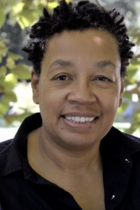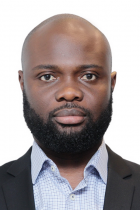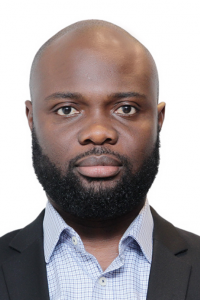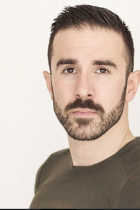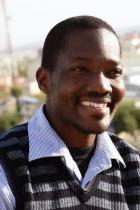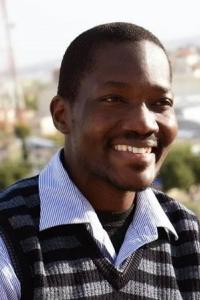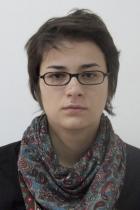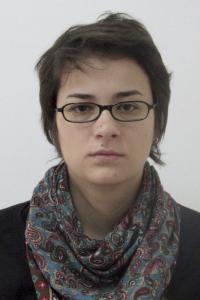Rebecca O. Johnson
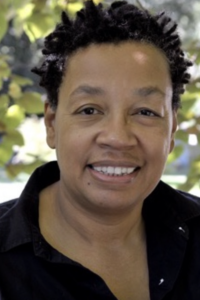
Rebecca O. Johnson is a writer, social justice organization capacity builder and activist living in Bronx, NY. She writes to consider the many environments we occupy, and currently is focused on the landscape of dispossession, including destruction of Black communities by industrial toxins, White land theft and inequitable response to “natural” disasters such as Hurricane Katrina. Rebecca’s capacity building primarily supports Black-led organizations in the South and West of the United States addressing the historical legacies of enslavement, Jim Crow era apartheid and ongoing structural racism in the US. She has been published in Callaloo, Race- Talk, The Women’s Review of Books, Social Justice Journal and many other publications. Rebecca holds an MS in Community Economic Development and an MFA in non-fiction.






